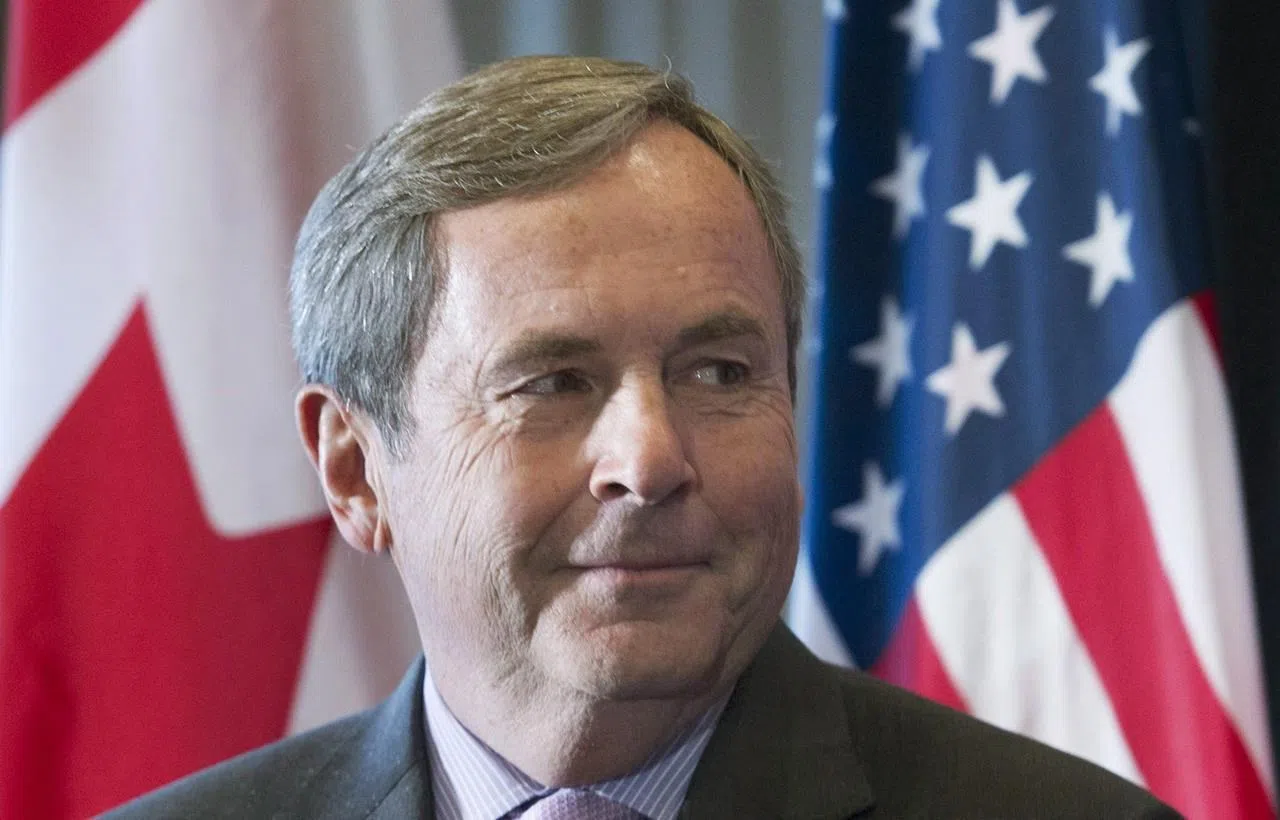
Canadian retaliation to U.S. metal tariffs causing pain: ambassador
OTTAWA — Americans are complaining about the pain caused by Ottawa’s retaliation against the Trump administration’s steel and aluminum tariffs, Canada’s ambassador to the United States says.
David MacNaughton was referring to Canada’s imposition of $16.6 billion in retaliatory tariffs on American imports last year after President Donald Trump used a section of U.S. trade law to impose tariffs of 25 per cent on Canadian steel and 10 per cent on aluminum. Mexico was also hit with the U.S. tariffs, and has also imposed its own punitive duties.
“Canada and Mexico have done some strategic retaliation, which is causing some anxiety in some important states,” MacNaughton said Tuesday at a conference on trade hosted by the Canadian Global Affairs Institute in Ottawa.
“I hope we can get the steel and aluminum tariffs off because it’s causing huge tensions between our two countries and it’s unnecessary.”


